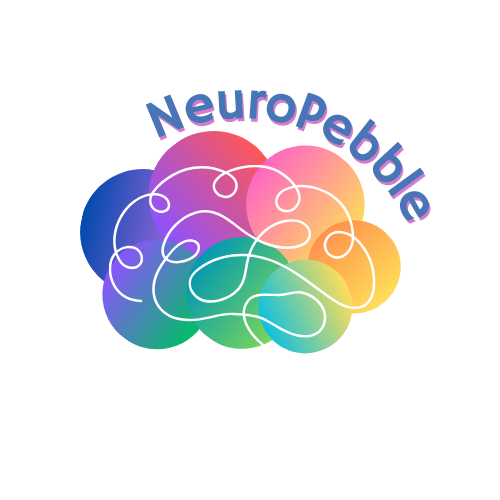Join today
Informed Consent in a Dumpster Fire
Friday May 9th from 9 am to 11 am PT | Virtual
Write your awesome label here.
-
What's included?
-
2 hour Live Webinar
-
30 day replay access
Learning Objectives
Meet the instructor
Molly Herold, LCMHC
Jamie Roberts, LMFT
Patrick Jones - Course author
